EDITORIAL
Published on 30 Sep 2024
Editorial: The complex phenotype of diabetic cardiomyopathy: clinical indicators and novel treatment targets
doi 10.3389/fendo.2024.1497352
- 485 views
8,918
Total downloads
23k
Total views and downloads
EDITORIAL
Published on 30 Sep 2024
ORIGINAL RESEARCH
Published on 12 Sep 2024
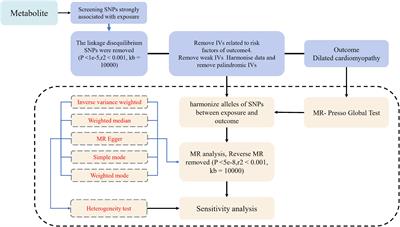
ORIGINAL RESEARCH
Published on 11 Sep 2024

ORIGINAL RESEARCH
Published on 03 May 2024
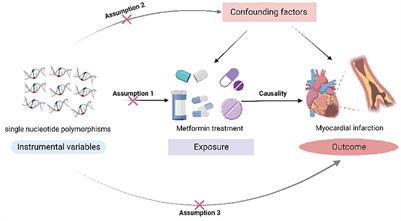
ORIGINAL RESEARCH
Published on 02 May 2024
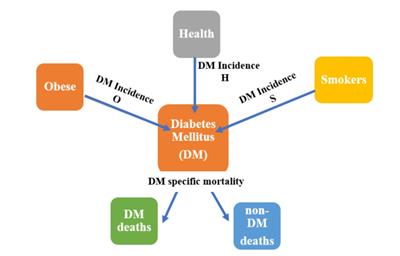
REVIEW
Published on 12 Jan 2024
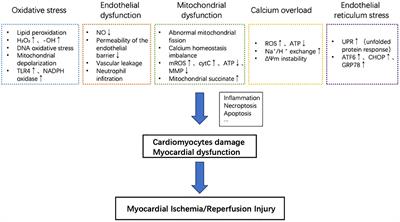
REVIEW
Published on 05 Jan 2024
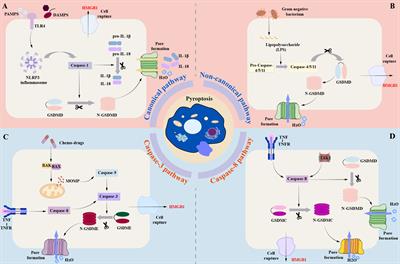
ORIGINAL RESEARCH
Published on 23 Nov 2023
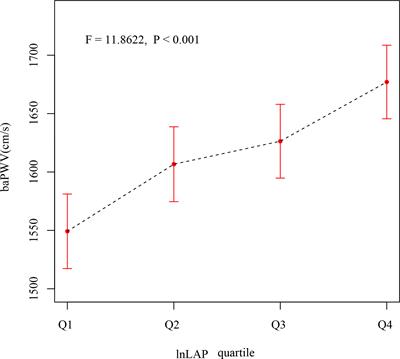
ORIGINAL RESEARCH
Published on 23 May 2023

REVIEW
Published on 20 Apr 2023

